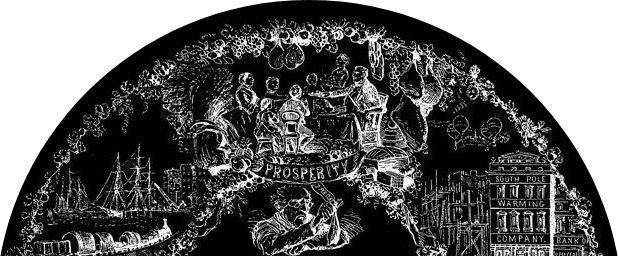The causes and consequences of financial crises in the United Kingdom of Great Britain and Ireland, c.1801-1922.

This project will investigate the importance of financial crises in the United Kingdom’s history from 1801 onwards. The novelty of this project is that it looks at the economic causes of these crises, as well as their political consequences for the histories of Britain, Ireland and the wider British Empire. In terms of causes, it will show for the first time how an economic-policy regime change in Britain in the early 19th century contributed to a series of severe financial crises in the UK between 1825 and 1866, by exposing the British economy to international capital flows that imposed constraints on monetary and fiscal action by British government. In terms of the consequences, the project explores how these constraints stopped the British government from deploying policies to counteract asymmetric shocks on Ireland and other parts of the British Empire. Exploring these questions together will transform how historians look at economic policy in Victorian Britain. Macroeconomic policies designed in the early 1800s to promote the stability and cohesiveness of the UK, instead damaged the Union by resulting in financial instability, particularly in Ireland.
The project will provide a new explanation of the rise and fall of financial instability in Victorian Britain and Ireland, as well as breaking down the disciplinary divides between political history and economic history, Britain history and Irish history, and the history of Britain and the history of the British Empire. Financial crises were not just footnotes in the histories of Britain, Ireland and the British Empire in the 19th century; they played a major role in historical change, a role that this project will expose.
This fellowship is funded by the British Academy

